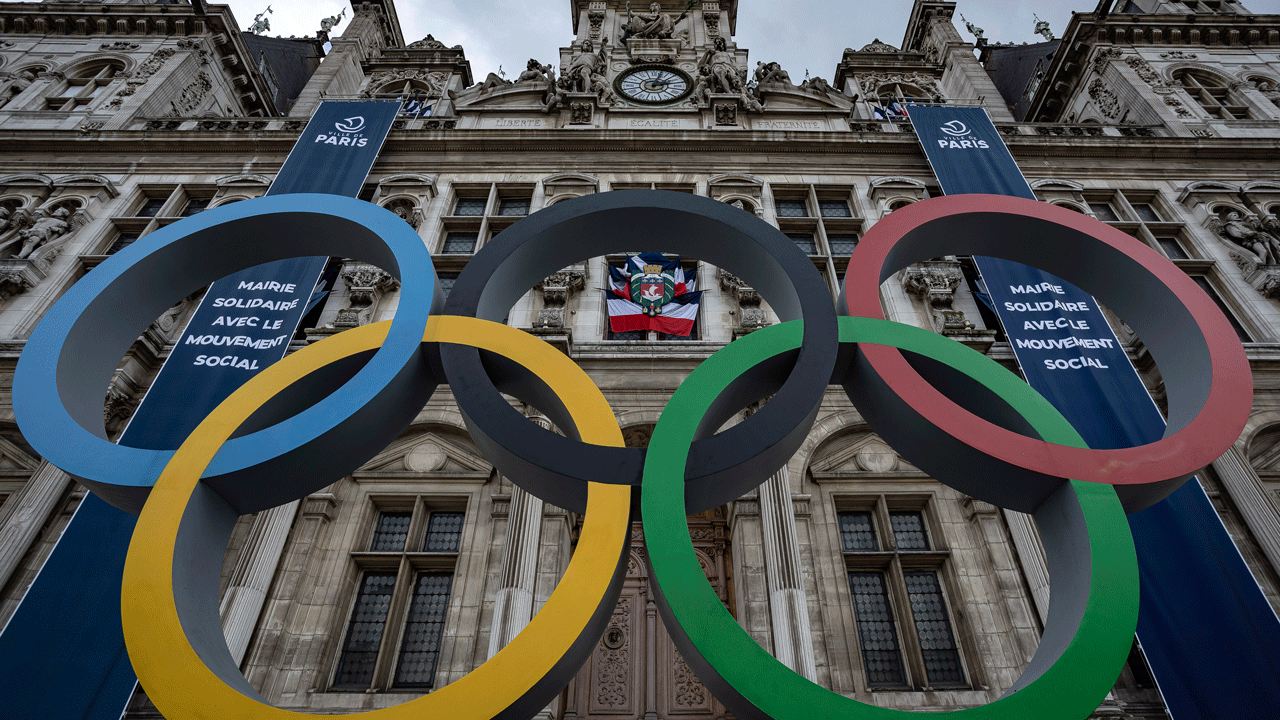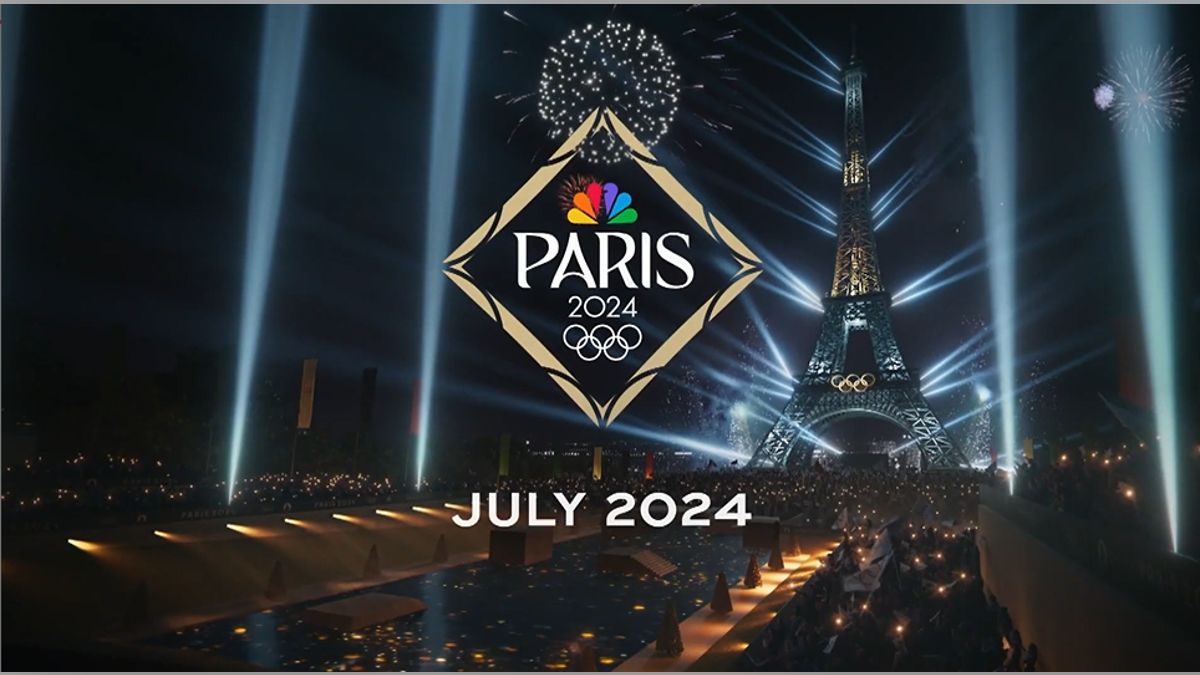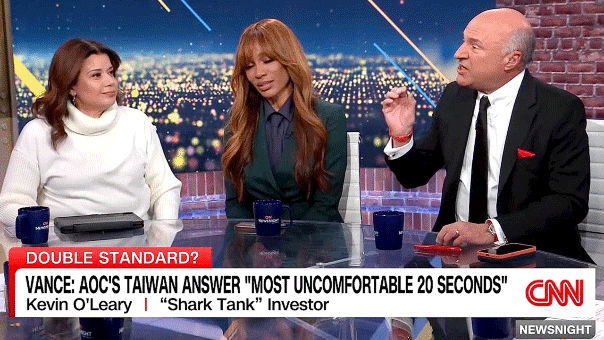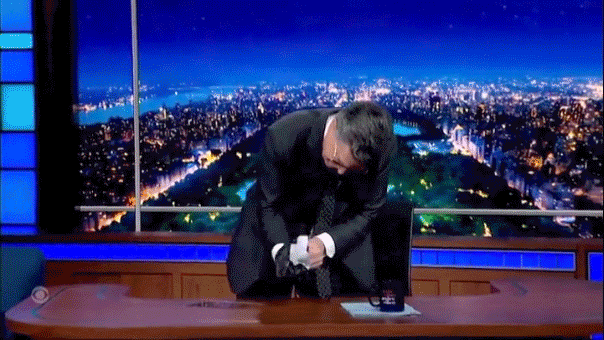Fox Sports soccer analyst Stu Holden talks USWNT heading into Paris Olympics
Fox Sports soccer analyst Stu Holden explains why the USWNT should not have the mindset that the Paris Olympics will be a developmental tournament.
According to the International Olympic Committee’s (IOC) updated "Portrayal Guidelines," using the terms "biological male" or "biological female" in reference to trans athletes is "problematic."
The IOC updated its guidelines this week for how Olympic-affiliated media and outside outlets should appropriately cover athletes in regard to their diverse identities. This third edition also featured a list of "problematic" terms that should be avoided when covering transgender people competing in the Olympics.
"A person’s sex category is not assigned based on genetics alone and aspects of a person’s biology can be altered when they pursue gender-affirming medical care," the IOC guide stated in its section listing "biologically male," and "biologically female" as "problematic language."

Ahead of the Paris Olympics, the International Olympic Committee released a language guide urging media not to refer to trans athletes as either "biological males" or "females." (AP Photo/Aurelien Morissard, File)
The language guide was published on Thursday, just weeks ahead of the Summer Olympics in Paris this year. A press release published along with the document described its purpose, saying it seeks to "raise awareness about the differences in how sportswomen and women’s sport are portrayed in comparison to their male counterparts."
"The guidelines provide practical checklists and advice to help ensure gender-equal and fair representation of all athletes across all forms of media and communication," it added.
The guide provided tips on how to break "gender-based preconceptions" and "stereotypes," for example.
CLICK HERE FOR MORE COVERAGE OF MEDIA AND CULTURE
It featured brief entries about "key barriers" to equal portrayal in sports, like female athletes having a "lack of recognition" as compared to male athletes when covered by outlets, and it provided guidance on how to write about women competing in a way that’s not sexist.
In one example, it instructed that rather than write, "She’s the next Michael Phelps," journalists should write, "She’s an extraordinary athlete."
The guide also mentioned the reality of gender pay gaps, how female athletes’ appearances are more commented on than men’s, and even featured quotes from IOC honchos decrying gender discrimination.
IOC Advisory Committee on Human Rights Chair Phumzile Mlambo-Ngcuka was quoted in the guide, stating, "Stereotypes, discriminatory social norms and a lack of representation remain some of the most pervasive barriers to gender equality around the world."
LIBERAL COLUMNIST WARNS THAT HAVING A FITNESS ROUTINE TURNS YOU INTO A 'RIGHT-WING JERK'

Promotional image for the upcoming Olympic games in Paris. (NBC)
The "Language and Terminology" section provided advice that words like "humankind" be used rather than "mankind," or "partner/spouse" replace terms like "husband/wife."
The "Problematic Language" section – towards the end of the guide – classified terms pertaining to the biological reality of trans athletes in the tournament as "harmful language practices to avoid."
It stated, "TERMS TO AVOID: ‘born male’, ‘born female’, ‘biologically male’, ‘biologically female’, ‘genetically male’, ‘genetically female’, ‘male-to-female (MtF)’, ‘female-to-male’ (FtM)."
"Use of phrases like those above can be dehumanising and inaccurate when used to describe transgender sportspeople and athletes with sex variations," the entry said, adding that "It is always preferable to emphasise a person's actual gender rather than potentially calling their identity into question by referring to the sex category that was registered on their original birth certificate."
Among other "wording to avoid," the guide included terms such as "identifies as," "sex change," and "transsexual."
At the bottom of the page, the guide attributed this section to "GLAAD’s Media Reference Guide and its guides on Covering LGBTQ athletes at the Olympics and Paralympics."
GLAAD, or the Gay and Lesbian Alliance Against Defamation, is one of the leading pro-LGBTQ lobbies in the country.
The IOC did not immediately reply to Fox News Digital's request for comment.










































